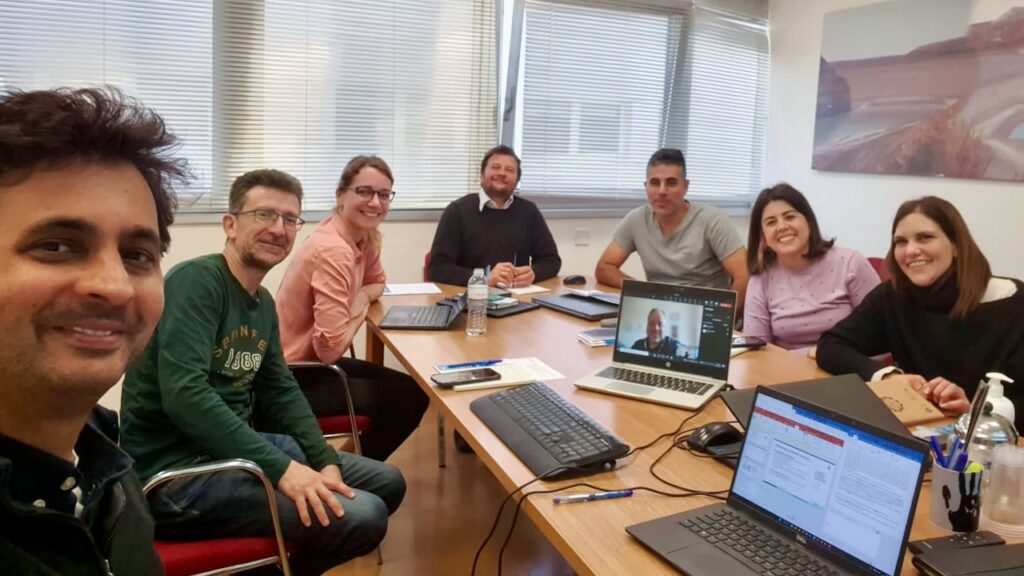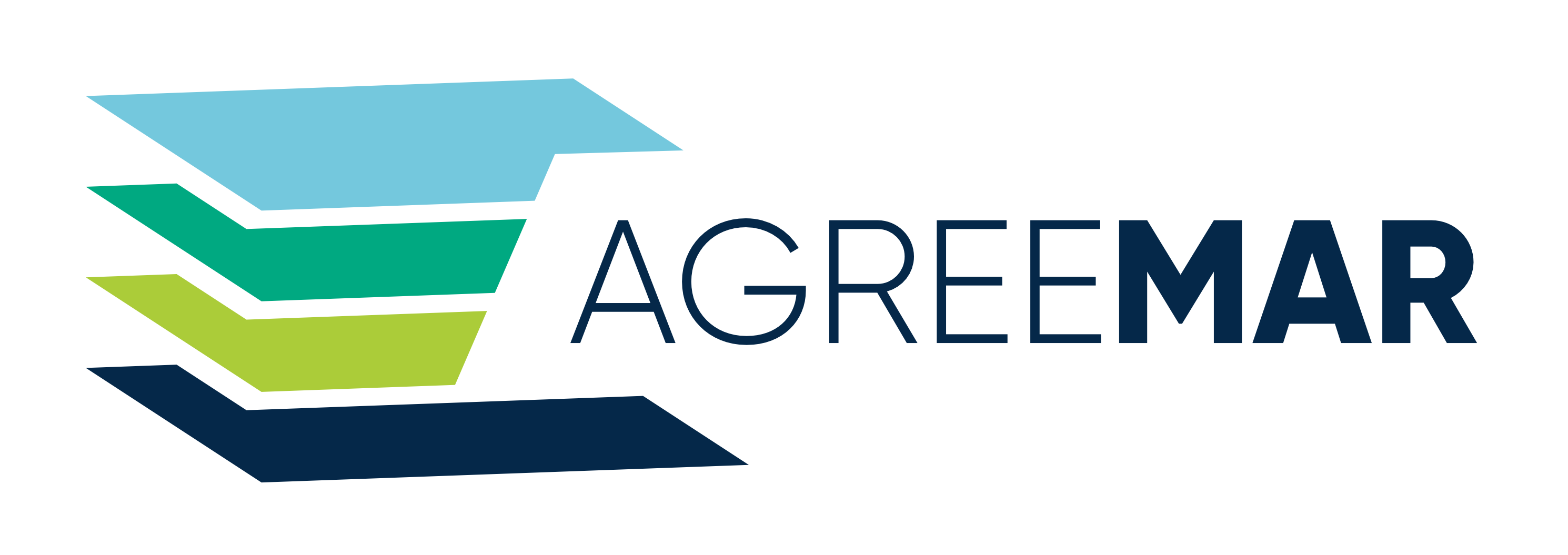In a recent development, the AGREEMAR project reached a significant milestone with its latest needs assessment mission to the project demo site in Cyprus, spanning from 27 to 31 March 2023. During this mission, the project partners adelphi, ERATOSTHENES CoE and TU Dresden engaged in productive discussions with key stakeholders of the water sector and nature conversation.

The stakeholders involved in the mission included the Water Development Department (WDD), Geological Survey Department (GSD), and the Federation of Environmental Organizations in Cyprus (OPOK). The focus of the discussions centered around strategically tailoring the project’s results to the local needs and requirements of Cyprus. At the core of the mission was the establishment of trust, ownership, and encouragement of future collaboration with key stakeholders creating an environment conducive to co-creating agreeable results.
During the mission, the project team held bilateral meetings with key stakeholders, including the Water Development Department (Headquarter in Nicosia and District Office in Limassol close to the demo site), Geological Survey Department, and OPOK. Discussions centered on stakeholder roles, interests, and demands for key project outcomes: feasibility maps, groundwater models, and MAR agreements. Existing MAR processes, institutions, conflicts, benefits, and perceptions were explored. Roles and cooperation steps for upcoming project activities were agreed upon. Findings were integrated into the stakeholder engagement strategy (D1.1 Plan), which was first published in January 2023 and is continuously refined throughout the project duration. The following summarizes the key findings of the mission and the identified stakeholder needs:
- The AGREEMAR approach generated substantial interest among the key stakeholders of the Cyprus demo site.
- This interest is particularly pronounced for MAR agreements, which are recognized for their pivotal role in ensuring fair distribution of benefits (such as water resources) and costs associated with MAR. Further, the agreements are seen as vital for optimizing the management of MAR systems, and resolving potential conflicts arising from future developments, including land use changes, increased availability of reclaimed water, climate change, and growing water demand in new settlements. The WDD takes on a supervisory role, overseeing the formulation of MAR agreements across all scales (general, regional and local) and making final decisions. On the other hand, GSD assumes a technical advisory role, contributing data for the scientific foundation s of the MAR agreements where needed. Similarly, OPOK plays an observational role, ensuring the incorporation of ecological interests. The project team envisions its role in shaping MAR agreements as that of a mediator and facilitator, fostering stakeholder engagement and providing scientific substantiation.
- Additionally, the WDD has expressed a strong interest in MAR feasibility maps for site selection, aiming to replace politically driven decisions with data-backed choices. They view themselves as the primary end-user of the MAR feasibility maps. GSD and OPOK perceive their roles as observational, providing data and technical advice as required, similar to the MAR agreements development process.
- Stakeholders welcome the development of groundwater models to underpin the scientific evolution of MAR agreements. All stakeholders have offered their support in procuring data for this purpose, with GSD being able to contribute data from existing groundwater stations.
- These findings underscore the collective interest and engagement of key stakeholders in Cyprus in AGREEMAR project and its efficacy as a meaningful approach to tackle water-related challenges and contribute to shaping a resilient water future for the Cyprus demo site.
